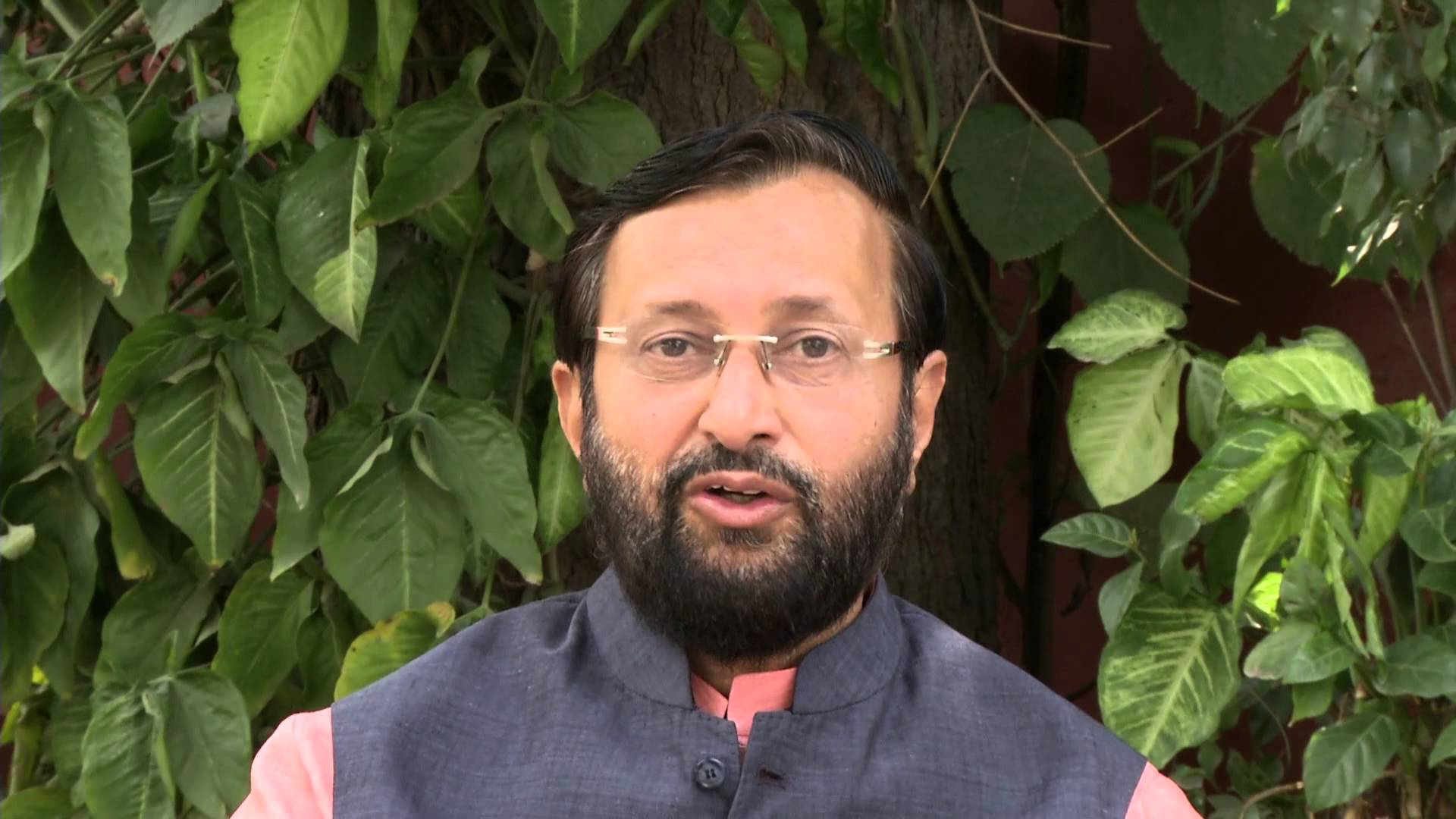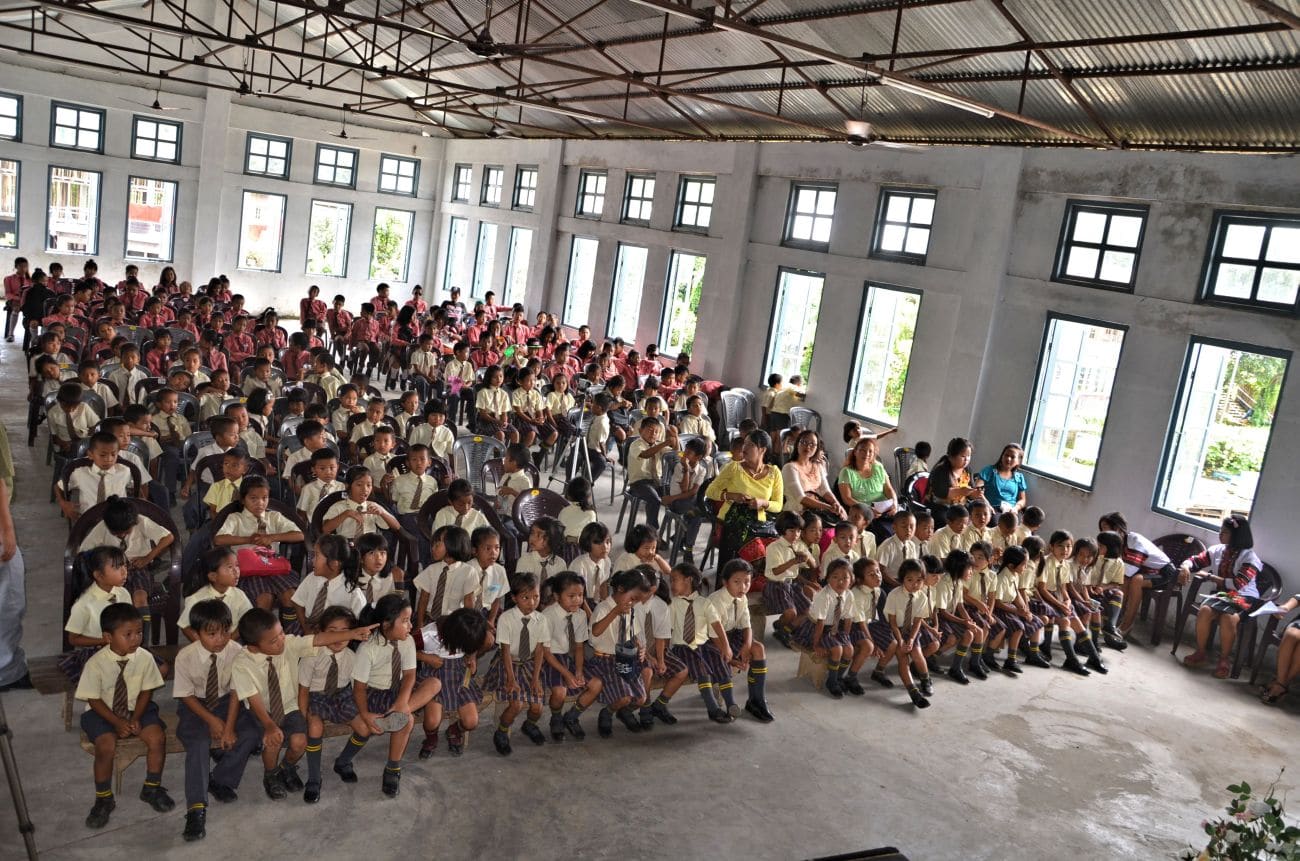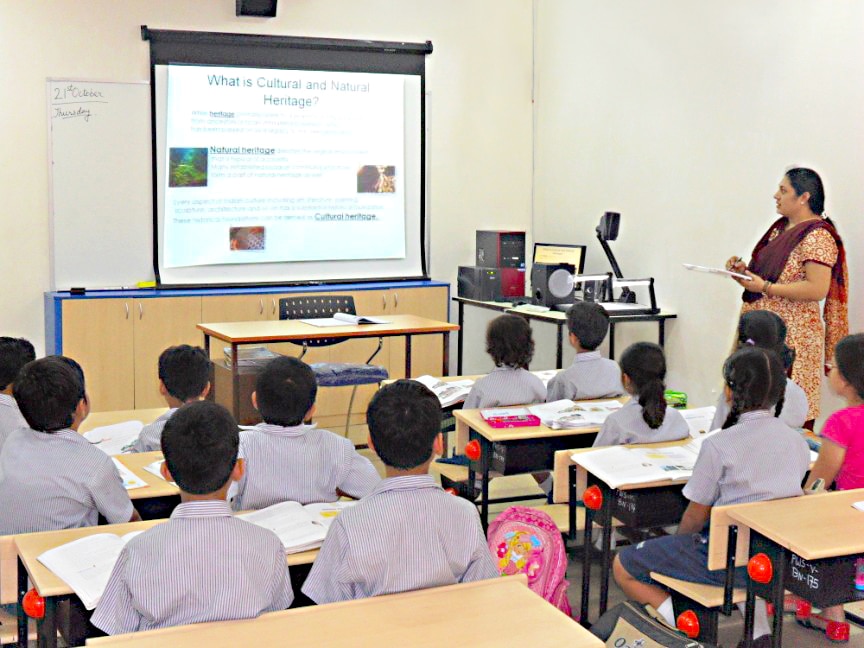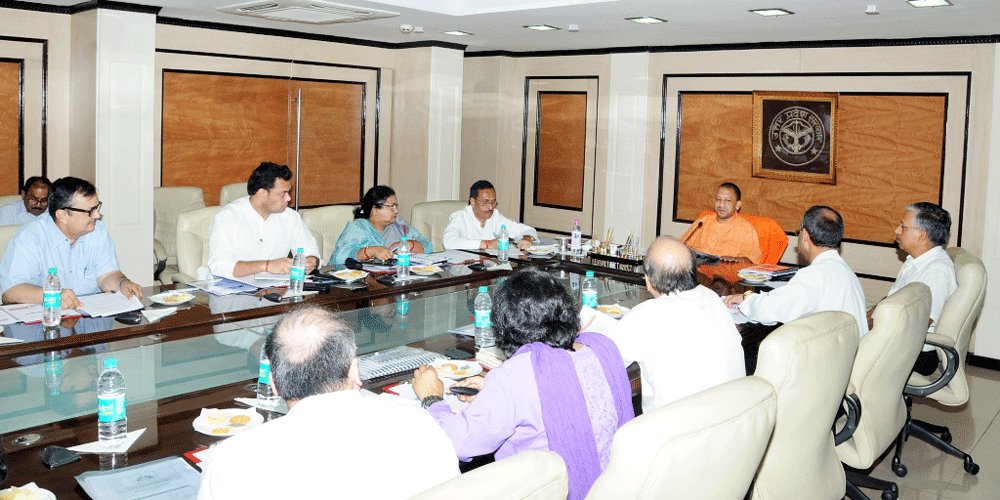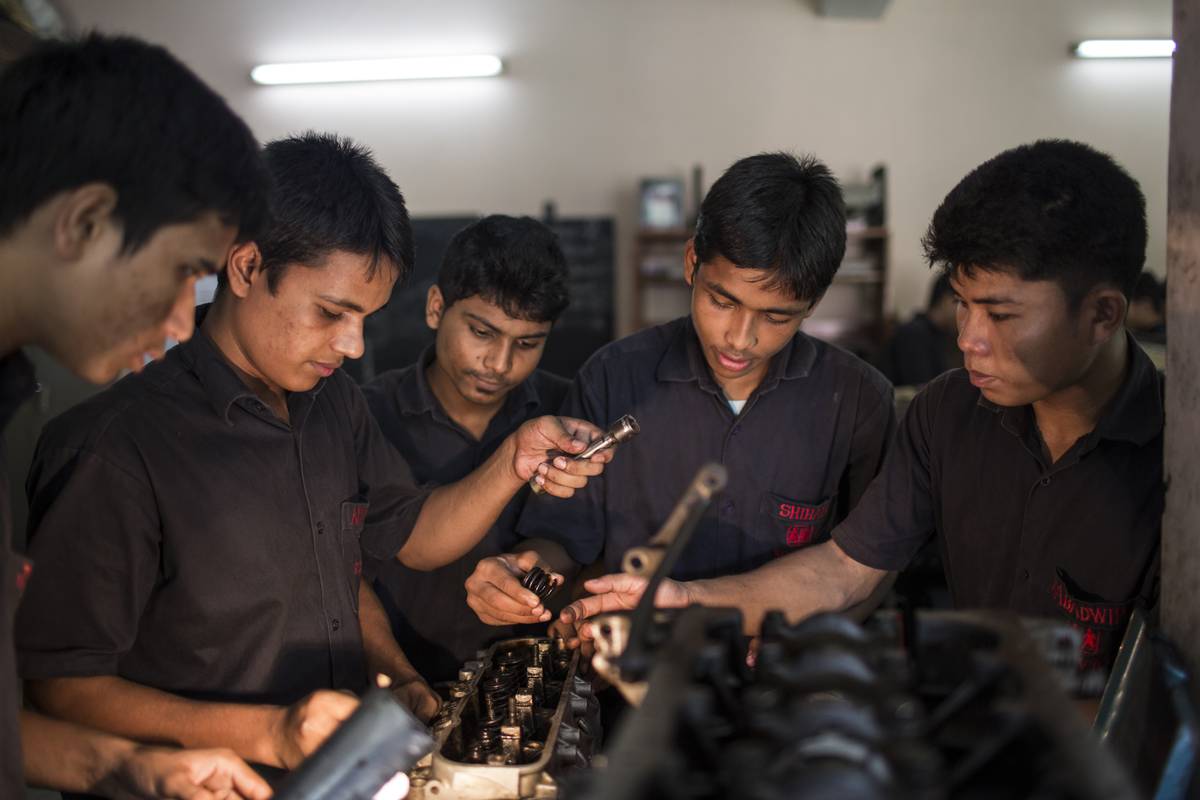With its new and innovative approaches in every dimension of teaching and learning, VIBGYOR schools in sync with parents and teachers are developing the kids holistically, says Ashish Tibdewal, CEO & CFO, VIBGYOR Group of Schools in an interview with Elets News Network (ENN).
What are the practices followed at your school to embed best future practices and innovation with the teaching-learning process?
 One of the features that VIBGYOR takes great pride in is its specially designed interdisciplinary curriculum developed in-house by a team of experts. The curriculum not only provides high quality learning material to students based on standards prescribed by various educational boards (CBSE, ICSE and CIE) but it also provides a detailed set of guidelines to the teachers. This ensures delivery of good quality education by the teachers across all VIBGYOR schools. A common curriculum enables a seamless transfer of students within VIBGYOR schools.
One of the features that VIBGYOR takes great pride in is its specially designed interdisciplinary curriculum developed in-house by a team of experts. The curriculum not only provides high quality learning material to students based on standards prescribed by various educational boards (CBSE, ICSE and CIE) but it also provides a detailed set of guidelines to the teachers. This ensures delivery of good quality education by the teachers across all VIBGYOR schools. A common curriculum enables a seamless transfer of students within VIBGYOR schools.
VIBGYOR’s educational philosophy is based on the holistic principles of learning that lays emphasis on the overall development of the child: intellectual, social, physical, emotional and spiritual. We are one of the few schools in the country to conduct structured programme in Sports and Performing Arts. Programmes offered in Sports and Performing Arts are based on a Best-in-class curriculum developed, managed and delivered by a team of professionals. We train our students in a spectrum of athletic and artistic activities ranging from Fitness to Games that include swimming, skating, football, cricket, basketball, handball, gymnastics as well as Music, Dance, Speech and Drama. This multi-faceted approach prepares students for the rigours of higher education, inculcates discipline and equips them with the skills and resourcefulness they require for a professional environment.
Also Read: VIBGYOR: A Launch Pad for Your Child’s Imagination
Our infrastructure also supports the same philosophy. All our classrooms are tech-enabled as we believe in Integration of technology to meet the learners’ requirement at every stage. For example, upto the primary level, the intervention of technology is limited to the use of audio video aids to facilitate the classroom learning, while the secondary grades are encouraged to use online research, video conferencing etc.
It is important to monitor innovative progress, performance and behaviour of every student at school. What initiatives have been taken by your school in this regard?
We strongly believe that effective and timely feedback is a critical component for improving a child’s performance and development. We conduct regular monitoring and periodic assessments of students. Cumulative feedback from parents, teachers and principals are given equal importance throughout the learning and development process of the students.
At VIBGYOR, we strongly support Inclusive Education. We have a dedicated and highly meticulous personalised learning team that plans and implements individualised education programmes for our students with special needs.
Teachers focus on encouraging positive and acceptable behaviour in the classroom. This motivates students to become self-disciplined. Further, an ideal Teacher-Student ratio enables our teachers to provide individual attention to every child.
For Innovation in school it is very important to have skilled teachers. What measures have been taken at your school to improve the teaching experience?
Our students are guided by qualified teachers and scholars who in their own way are counsellors as well. We have special training modules for teachers. We also have V-QUEST (VIBGYOR Quality Enrichment Support for Teaching) that regularly monitors the quality of teaching and learning across all VIBGYOR schools and provides feedback to enhance the teaching skills.
Effective training modules, teacher certification courses, soft skills training are also conducted for teachers to improve their teaching skills.
Another unique system we have in place at VIBGYOR is that we take into consideration our students’ perception of their teachers wherein our students of 8th Grade and above give feedback about their teachers.
It is very important for the school and parents to be in sync for the holistic development of children. Please share the processes you follow for it.
Parents are our partners and together our aim is to achieve the holistic development of every child. We encourage the involvement of parents in various activities. They are invited to be a part of the periodic culminating activities, where every child participates and exhibits their understanding of the concepts taught in the classroom.
Safety and security of our students being our topmost priority, we have an RFID system in place whereby every parent is notified of their ward’s entry and exit from the school and school bus.
There are regular interactions between parents and teachers to monitor the student’s progress. The parents also have access to a portal where they can closely monitor the child’s attendance, reports, etc. This approach helps the school and parents to work in a well-orchestrated manner.
 The World Education Summit, an initiative of the Elets Technomedia Pvt. Ltd., is recognised as a global platform for problem-solving and deliberating upon the future of education sector through panel discussions on various topics during the day-long conference.
The World Education Summit, an initiative of the Elets Technomedia Pvt. Ltd., is recognised as a global platform for problem-solving and deliberating upon the future of education sector through panel discussions on various topics during the day-long conference.







